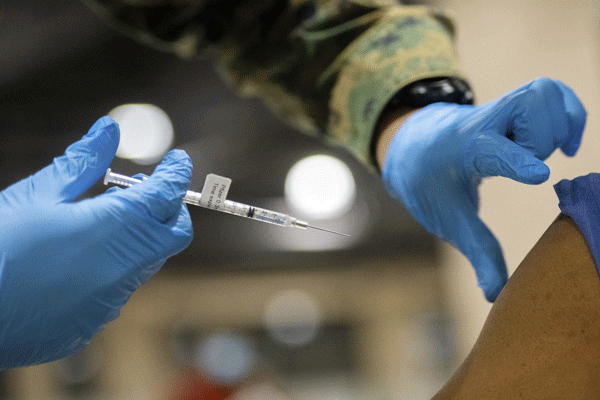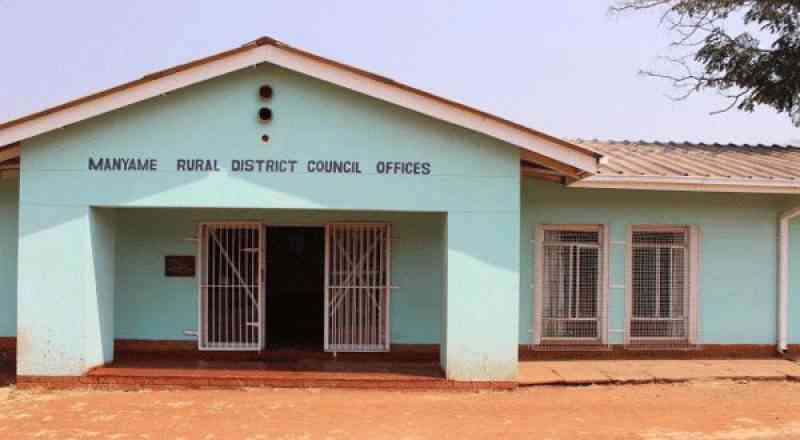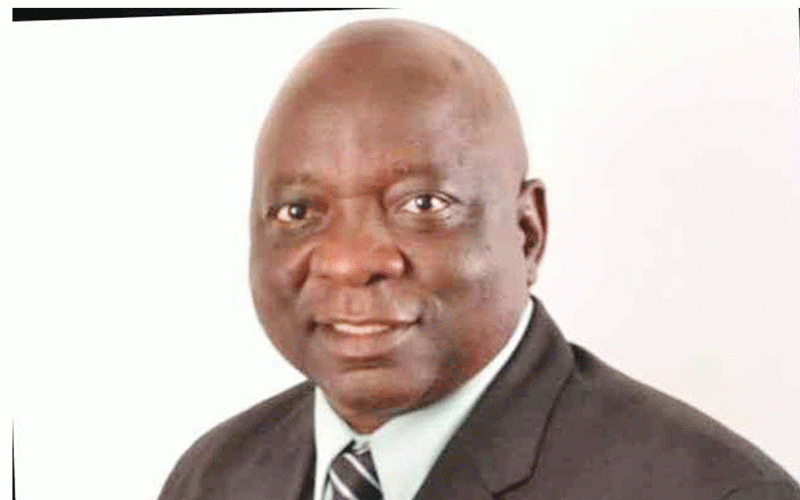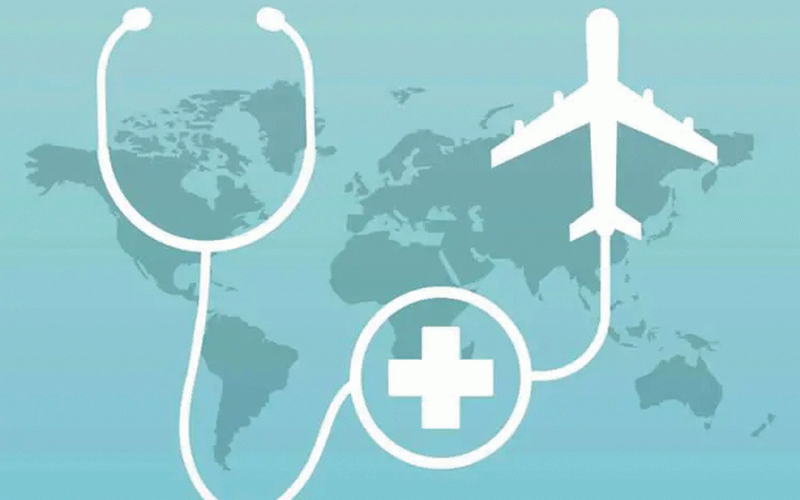
BY MIRIAM MANGWAYA
ZIMBABWE’S average weekly COVID-19 vaccination rate last week fell to its lowest since July, prompting fears that the country could be vulnerable to a fourth wave of the killer virus.
A fortnight ago, President Emmerson Mnangagwa reopened the economy and eased the national lockdown from level four to level two, extending business hours and allowing intercity travel following a sharp drop in COVID-19 infections and deaths.
With falling infection rates and deaths, and the economy reopening, health experts said the public had become complacent, disregarding COVID-19 protocols.
Government data showed that since the vaccination programme started in mid-February this year, 2,312 million, about 15,6% of the population, had been fully inoculated by October 3.
The average number of people who got their first doses peaked at around 37 000 per day in mid-July when the country was in the throes of the third wave, but dropped to around 12 000 for the whole of last week.
As at Sunday this week, 3 111 885 people had received their first COVID-19 doses. Zimbabwe has targeted to vaccinate about 10 million people, or 60% of the population, to achieve herd immunity by year end.
COVID-19 national taskforce chief co-ordinator Agnes Mahomva blamed complacency on the part of the public for the falling numbers.
- Chamisa under fire over US$120K donation
- Mavhunga puts DeMbare into Chibuku quarterfinals
- Pension funds bet on Cabora Bassa oilfields
- Councils defy govt fire tender directive
Keep Reading
“We will never give up working towards achieving our ambitious target of vaccinating 60% of our population by year end. It is, however, determined by a number of factors such as the willingness of the public to take the vaccine,” she said.
“As long as the public is not willing to get vaccinated, then we will not reach the number we are targeting. The other issue is that reaching herd immunity depends on the availability of the vaccines. However, government remains committed to ensuring that it avails vaccine doses at any given time so that people get vaccinated.”
Community Working Group on Health executive director Itai Rusike said the falling vaccination numbers was because of poor strategic planning.
“The current vaccination strategy lacks focus on people and the community,” Rusike told NewsDay.
“The issue of misinformation and lack of trust in the community with respect to COVID-19 vaccines and even the pandemic itself needs to be tackled by carrying out a sustained COVID-19 health literacy at the community level to dispel myths about vaccines so that we can increase vaccine uptake by building community confidence and acceptance.”
He urged people to get vaccinated ahead of the fourth wave expected to hit the country in December.
Medical and Dental Private Practitioners of Zimbabwe Association president Johannes Marisa said: “Government has fulfilled its obligation very well in ensuring that vaccines are available. It is the willingness of the people that is lacking. There is a need for a massive awareness campaign to encourage voluntary vaccination.
“Although government is encouraging people to get vaccinated through some measures which appear coercive, given the danger posed by the pandemic, in my view, it is necessary to compel the public to get vaccinated if winning the battle against the pandemic is an issue of concern.”
Zimbabwe was listed among the 15 African countries that have achieved the World Health Organisation set target to fully vaccinate 10% of their populations by September this year.
Follow Miriam on Twitter @FloMangwaya










